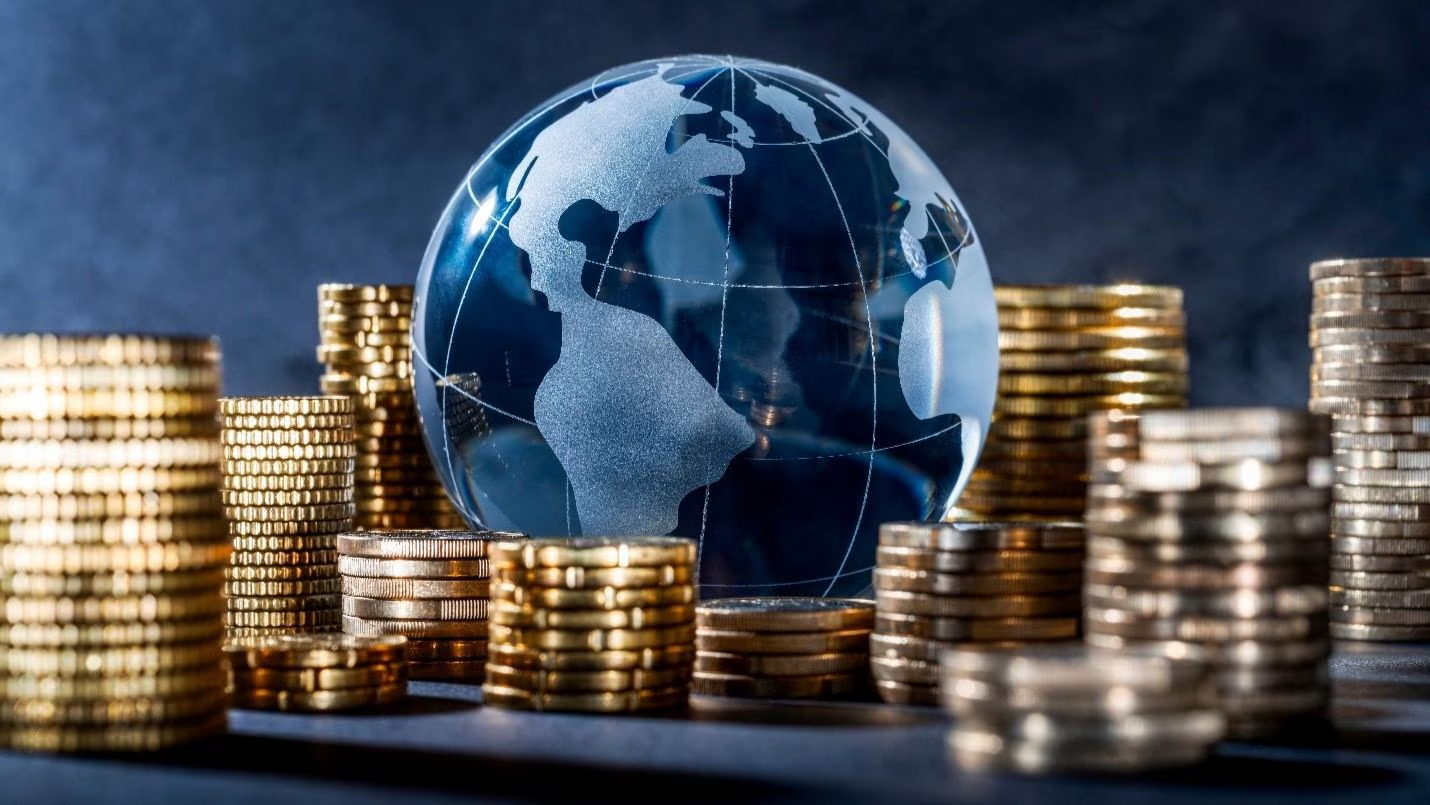Learn how inflation affects your investments and what strategies can help protect your portfolio. Inflation is a term we often hear in financial news, but what does it really mean? Understanding inflation is crucial for investors and consumers alike, as it affects the purchasing power of money, the returns on investments, and overall economic stability. In this article, we will explore what inflation is, its causes, how it affects different asset classes, and strategies to protect your investments from its effects.
What is Inflation?
Inflation refers to the sustained increase in the prices of goods and services over time. It indicates how quickly the value of money declines and how much more you need to spend to maintain your standard of living.
Example of Inflation:
To illustrate how inflation works, consider this example:
- This year, a burger costs $2.
- If the inflation rate is 10%, next year, that same burger will cost $2.20.
If your income does not increase by at least 10%, you will not be able to afford as many burgers as you could this year.
| Year | Price of Burger | Inflation Rate |
|---|---|---|
| This Year | $2 | 10% |
| Next Year | $2.20 |
Understanding the Effects of Inflation
Inflation impacts different asset classes in various ways. Generally, it reduces the purchasing power of money, meaning that over time, you can buy less with the same amount of money.
Inflation and Asset Classes
- Liquid Assets: Cash and cash equivalents, such as savings accounts, tend to appreciate more slowly, making them more vulnerable to inflation. As inflation rises, people may shift away from holding liquid assets, preferring investments that can provide better returns.
- Illiquid Assets: These assets, such as real estate or commodities, can protect against inflation as they may appreciate in value or generate interest. For instance, stocks, bonds, and mutual funds are often favored for their potential to outpace inflation.
| Asset Class | Impact of Inflation | Investor Strategy |
|---|---|---|
| Liquid Assets | Vulnerable to inflation | Invest in interest-paying assets |
| Illiquid Assets | May appreciate in value | Consider real estate or commodities |
Causes of Inflation
Several factors contribute to inflation, including:
- Demand-Pull Inflation: Occurs when the demand for goods and services exceeds supply, causing prices to rise.
- Cost-Push Inflation: Arises when production costs increase, leading to higher prices for consumers.
Government and Inflation Control
Governments and central banks use various tools to control inflation:
- Price Controls: Imposing limits on how much prices can rise. However, this can disrupt free markets and lead to job losses.
- Monetary Policy: Central banks can increase interest rates to make borrowing more expensive, thereby reducing spending and slowing inflation.

| Inflation Control Method | Description | Potential Impact |
|---|---|---|
| Price Controls | Limits on price increases | May lead to shortages and job losses |
| Monetary Policy | Raising interest rates to slow borrowing and spending | Can help stabilize the economy |
Inflation: Who Does It Favor?
Inflation can have different effects on borrowers and lenders:
- Borrowers: Benefit if they owe money before inflation occurs, as they repay loans with money that is worth less.
- Lenders: May benefit through higher interest rates that reflect increased prices over time.
Inflation is a key economic indicator that affects your purchasing power and investment returns. As prices rise, your money buys less, making it essential for investors to ensure their returns exceed the inflation rate. Similarly, it’s vital for individuals to see their wages grow in line with inflation to maintain their standard of living.
FAQs
What is inflation?
Inflation is the sustained increase in the prices of goods and services over time, leading to a decrease in the purchasing power of money.
How does inflation affect investments?
Investments need to provide returns that outpace inflation; otherwise, their real value diminishes, meaning you can buy less with the same amount of money.
What causes inflation?
Inflation can be caused by demand-pull factors, where demand exceeds supply, or cost-push factors, where rising production costs lead to increased prices.
How do governments control inflation?
Governments can use price controls or implement monetary policy measures, such as raising interest rates, to manage inflation.
Who benefits from inflation, borrowers or lenders?
Both borrowers and lenders can benefit from inflation, but in different ways. Borrowers may repay loans with less valuable money, while lenders might charge higher interest rates to compensate for rising prices.
